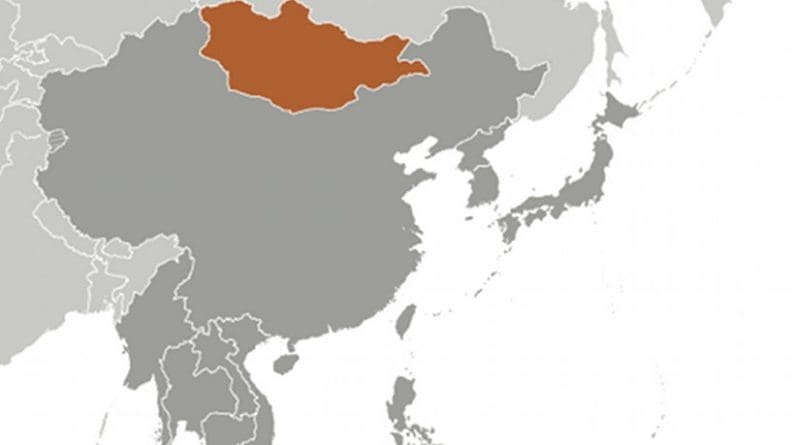Russian Attitudes And Policies Behind Rise In Mongolia’s Influence In Buryatia – OpEd
By Paul Goble
The influence of Mongolia on Buryatia has increased dramatically, according to a Moscow historian who visited Ulan-Ude after a gap of just over seven years, a development due at least in part to the overbearing attitude of Russian officials and the bad feelings that has generated among the Buryats.
In a Facebook post picked up by Buryat and Mongol outlets, Aleksandr Morozov says he is struck by how rapidly the Buryat capital has developed: “Those who say that in Putin’s Russia nothing is changing or is changing only in Moscow have never travelled beyond the ring road” (facebook.com/permalink.php?story_fbid=481839078632382&id=100004188811429&fref=nf and asiarussia.ru/blogs/8370/).
But in addition to these positive changes, there are other more negative ones: “public dissatisfaction is evident” given that “Moscow seeks to run everything, and this is not well received.” Moscow suggestions are seen “as orders” that “must be fulfilled and over-fulfilled at any price. The problems of federalism are superimposed on complicated inter-ethnic relations.”
“The Buryats,” Morozov says, “are dissatisfied by the fact that important positions are occupied by non-Buryats … and up to the present are upset by the unification of Buryat districts in the 2000s to Chita and Irkutsk oblasts. As a counterbalance to the loss of political influence are being taken persistent efforts to develop Buryat culture and language.”
Buryats are also unhappy about the influx of people from Central Asia and the Caucasus, he says, and they are very attentive to Buryatia’s neighbors. “Everyone fears” China, “but Russian bureaucrats look at it already as certain that Russia sooner or later will lose these places.”
“For Buryats,” the Moscow historian says, “the example of Mongolia is important.” Until recently, that country was much poorer, but now “everything is changing before their eyes. Mongolia is developing rapidly, something that generates delight and envy” among the culturally close Buryats.
After the introduction of a visa-free regime and the collapse of the ruble, he continues, Buryatia was flooded with cheap goods from Mongolia, and Mongols came for vacations on Lake Baikal.
“If Mongolia in the future will develop as it is now, its influence on Buryatia will grow,” Morozov suggests. “The example of a successful, ethnically close, independent state inevitably will be conceived by part of the Buryat elite as an inspiring example for emulation.”
According to the Russian historian, young Buryats also look to South Korea, the result of Seoul’s promotion of itself. Today, young Buryats seek to enroll in universities in Seoul or in Beijing; their desire to study in central Russia “has weakened,” thanks, Morozov says to “Russia’s little Nazis, may they be cursed.”
Taken together, he says, these shifts are “not the most favorable for Russian statehood. Problems are building up which are not being resolved, only put off.” The large number of people who commented on his post echoed his words on every point.
But with respect to the Buryats, Moscow does not now seem to be able to put a foot right. Today’s “Novaya Buryatia” reports that Buryats are upset that a copy of the Ivolgin datsan that was erected in Sochi as part of the “My Russia” exhibit is now being used as a bar and restaurant (newbur.ru/articles/21680).
They say that Russian laws about offending the feelings of believers must be enforced in this case which affects them just as Moscow has done in the case of supposed denigration of Russian Orthodox feelings. The Buryats have had some success in this regard: In 2003, their complaints led the owners of Moscow’s Buddha Bar to rename it the Karma Bar.

